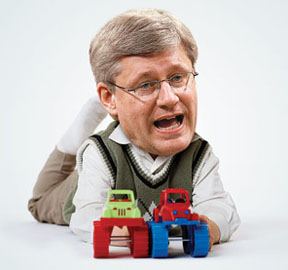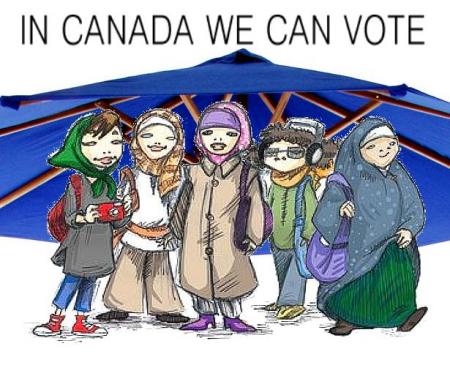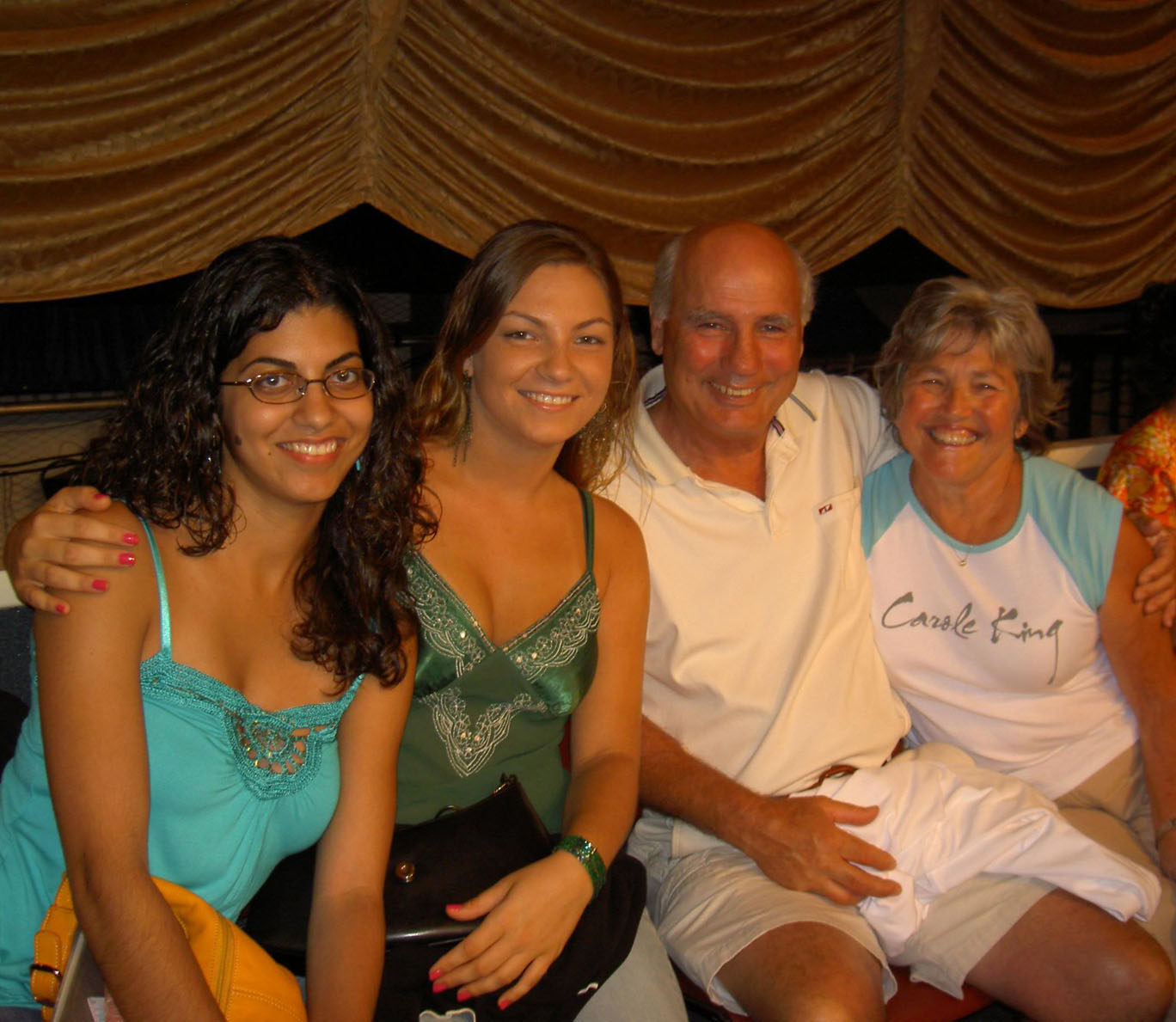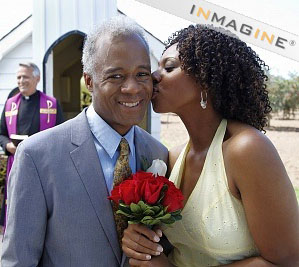Canadian federal election 2011 is its own economic action plan!
Mar 25th, 2011 | By Randall White | Category: Key Current Issues
Thanks to Macleans for this self-explanatory illustration, and Getty Images, Reuters, Scott Feschuk, and Taylor Shute.
[UPDATED MARCH 30, APRIL 5, 8, 11, 13, 22, MAY 1, 3]. There now appears no escape from the spring election “skillfully brought on by Mr. Harper” (despite his seven-year-old protests otherwise). For the tedious technical details, see, eg: “Harper government set to fall Friday, setting stage for vote in early May” and “Harper government likely to fall after Friday vote.”
Meanwhile, on the local radio yesterday (or was it TV?) someone who ought to know was saying that the next 36+ days in the true north strong and free are “going to be a lot of fun for those who like politics.” Of course, there are others who do not like politics and have already started to complain that “Election to cost taxpayers plenty.” More exactly: “Figures obtained from Elections Canada show the estimated cost of the last election as $288.2 million.”
I have to confess that I like politics myself. And I am looking forward to the coming Canadian federal election of 2011 – even if it does not finally install a government in Ottawa that I agree with (which, according to almost all the opinion polls and most professional analysts is most likely what will happen in the end).
It seems to me as well that elections are probably the most effective way most of we the diverse Canadian people have of leaving our marks on what our Constitution Act 1982 calls the “free and democratic society” that is ultimately accountable to us. And when I hear that hosting the G8 and G20 summits for a few days in Toronto late last June cost we the Canadian taxpayers “nearly $858 million,” the just over a third of that sum the Canadian federal election of 2011 will cost us, coast to coast to coast, strikes me as a much better value.
Democracy, economics, and elections …

People in other parts of the world are giving their lives for the right to vote in elections. Why is it that we take this right so much for granted that so many of us do not even bother to exercise this right, or complain about how often we must take the time and trouble?
The fearmongering argument that holding a federal election in the spring of 2011 poses some threat to the recovering Canadian economy also strikes me as altogether beneath contempt.
To start with, it implies that democracy is unimportant – in a democratic country where, even in the midst of the latest great recession, the overwhelming majority of us are considerably better off economically than the overwhelming majority in the rest of the world.
Similarly, courageous people in other parts of the world today are giving their lives to win some kind of democracy for themselves. We have just sent a few airplanes to help some of them.
If we are going to ask our volunteer soldiers to risk their lives to secure the democratic rights of people in faraway places, we ought to be willing to spend a month or so every few years exercising our own democratic rights at home. (For one thing, history shows that if you don’t exercise your rights – just like anything else – you will eventually lose them.)
On a related front, the Harper minority government that is about to fall has lasted two years and 140 days – considerably longer than the median minority government life of one year and 133 days in the history of the present Canadian confederation since 1867.
Put another way, the opposition majority in the 40th Parliament of Canada has quite a strong track record in supporting the economic recovery measures of a frequently irascible minority government. As Chantal Hébert has just urged, eg: “In the winter and spring of 2009, the Liberal official opposition relinquished its main role as chief government critic to sign off on the Conservative recession budget. That helped set the stage for a smooth federal-provincial effort to deal with the recession … Half a year later it was the NDP that stepped into the breach to keep the government and some of its unemployment relief measures alive.”
Economic benefits of democratic elections …

Canadian senior citizens and friends (on vacation somewhere?). All federalist parties in the 2011 federal election, it is said, are chasing after the senior citizen vote – because seniors are more likely to show up on election day than any other demographic segment of the Canadian people. (Maybe because their years have taught them to especially value the “free and democratic society”we are all so lucky to be a part of today.)
Quite apart from high-minded arguments about democracy and opposition patriotism in minority parliaments during great economic recessions, it seems to me that there are some more down-on-the-ground arguments about the economic benefits of democratic elections as well. And I say this as someone who, in an earlier incarnation, spent several years employed in the promotion of economic development in a Canadian province.
For one thing, the coming federal election will be providing at least short-term part-time jobs – which will no doubt improve the economic circumstances of some among us who could use such improvement at the present juncture. Elections Canada, eg, hires returning officers and other election officers for each of the current 308 federal electoral districts, from coast to coast to coast.
According to the current “Federal Elections Fees Tariff,” a “returning officer shall be paid, for services performed by the officer during an election … if a poll is held, a base fee of $21,845.42.” And, again just as examples, among the support staff who work for the returning officer, an office co-ordinator makes $13.46 an hour, an office clerk $11.21, a receptionist $11.73, an inventory shipping clerk $11.21, a community relations officer $14.57, a recruitment officer $15.84, and a financial officer $21.64.
Beyond these direct part-time employment opportunities, the money spent by political parties and their candidates on a wide range of goods and services supplied by the private sector of the economy – from lawn signs to radio spots to assorted short-term real property leases – will act as a kind of mini economic stimulus program in its own right.
So far as I know, no one has yet tried to estimate the economic benefits of a democratic election like this – as is often enough done with such things as convention, sports, and tourism events. But there can be little doubt that the five-week federal campaign which now looms ahead in Canada will be stimulating various modest but not insignificant forms of private sector economic growth, at the same time as it eats up taxpayer dollars in the public sector.
Over the next five weeks too, the Harper Government will no doubt be indulging in recurrent ritual expressions of grief about how the “unnecessary” spring 2011 election has delayed progress on what it has called the next phase of its initial 2009 “economic action plan” (which stole more than a few pages from an old Liberal playbook).

Some senior citizens are especially well rewarded for taking their democratic voting responsibilities seriously – as suggested by this recently newly wedded couple in Niagara Falls, Ontario.
Yet between the lines of this past Tuesday’s budget document – “THE NEXT PHASE OF CANADA’S ECONOMIC ACTION PLAN : A LOW-TAX PLAN FOR JOBS AND GROWTH” – it is clear enough that the crux of the “next phase” is to walk away from the economic stimulus program that dominated the first phase. (And see also, eg, another recent newspaper article: “Budget’s hidden math adds up to big cuts down the road.”)
In fact, you do not have to be all that much of a cynic to believe that, in the increasingly wild and crazy universe of the Harperland version of Canadian federal politics, the only real surviving element of the first phase of Canada’s economic action plan is actually the spring election that Mr. Harper has so skillfully brought on himself (despite his poker-face protests otherwise).
UPDATE MAY 3: Well it’s all over today! See the counterweights editors on “A historic unnecessary election .. probably .. and now there’s only one party responsible for the next four years” …
UPDATE MAY 1: See the counterweights editors on “Nothing dead certain about end of surprising and unsettling Canadian federal election campaign of 2011.”
UPDATE APRIL 22: At last, with just over a week before voting day on May 2, 2011, there is a glimmer of progressive light at the end of the tunnel. See Randall White on “Canadian election 2011 .. now it seems things are starting to get interesting .. maybe (would you believe PM Jack?).” And for a half-prescient counterweights editors’ post from almost 11 months ago, try “More news on coalition blues .. a PM Layton could win (with Quebec spin)?”
UPDATE APRIL 13, 11:15 PM ET: There may or may not be a few further straws in the wind today – the real extent of which may or may not be clearer by the weekend? On our site here see Randall White’s “First debate may mean Harper majority is closer .. but what if Iggy turns out like Joe Clark in 1979?” Two intriguing items from more technical polling sites are: “April 13th: New Ekos poll – Best scenario for the Liberals so far” at Too Close To Call ; and “So I heard some polls came out today” at ThreeHundredEight.com. For what may or may not be signs of increasingly restless distant drums try “Scatological attack on Stephen Harper’s record goes viral” in the Globe and Mail. There also seems some broad agreement that Ignatieff did better in tonight’s French debate than in last night’s English debate – and Harper did worse. But does this count?
UPDATE APRIL 11: There has been a fresh flutter of excitement today, on the eve of the English language leaders’ debate on TV tomorrow. See “Will AG’s not-so-secret G8 spending report be the straw that at least breaks the Harper Conservative lead a little?”
UPDATE APRIL 8: Still no big surprises at the end of the second week of the Canadian federal election of 2011 campaign. But with three weeks still to go there may be a few straws in the wind, maybe? See our “One side of Mountie culture does look pro ‘Harper Government’ .. and other noise along the campaign trail.”
UPDATE APRIL 5: We’re well into the action now. See: “Canadian federal election of 2011 : That was the first week that was – don’t jump to any conclusions yet!” and “Fear and hatred on the campaign trail in Canada .. is this Unknown Country about to become still more unknown?”
UPDATE MARCH 30: The way things look right now, one big question about the Canadian federal election of 2011 is will the Harper Conservatives win a majority of seats in the elected branch of Parliament at last? And what would happen if they did? See Citizen X on “Would Harper majority government in Canada be like Cameron-Clegg coalition government in UK?”


I agree that anyone complaining about the cost of this election should cast their mind back to last summer’s G 20/G 8 spending spree and remember some of the ridiculous excesses that Stephen Harper and Tony Clement were so happy to bankroll. And wasn’t it great! Didn’t Canada look like a fine place with such a nice artificial lake in the midst of Toronto, so much nicer than the actual lake down the street. And weren’t we all proud of the temporary police state we showed the world from downtown Toronto. Nice to think that all those very kind police officers were being paid so well to take such good care of us. But hey, what’s money when we had a greater goal: making Stephen Harper look like a big shot on the world stage!
And on another front entirely, speaking of spending money, I have watched that very mean- spirited Conservative ad attacking Michael Ignatieff. Like it or not I’ve watched that ad several hundred times. So Conservatives may not want to spend money on an election, but they sure don’t feel the same when it comes to financing attack ads!!!
they’re ALL wolves in sheeps clothing , it doesn’t matter who we elect , by the time they have made it to Ottawa they have sold thier souls and that goes for all members of all parties without exception , the members we send to parliment represent their parties not their constituents and heaven forbid they vote against the party line .Attack ads—- they all have them , it’s part of the system of fear mongering , it’s up to us to see through the retoric and b.s.. I suggest we vote for the party who will do least damage to the country , ie. enviorment , economy , and personal lives of canadian individuals.
Yes, the G8/G20 summits last summer did make Stephen Harper look like a big shot on the world stage. Now considering that Stephen Harper is the face on Canada, Canada also looks like a big shot on the world stage. I like big shot Canada!
Hey Kris: it takes all kinds to make up our great country, and we’re each certainly entitled to our own likes and dislikes. But to me the trouble with Mr. Harper’s “big shot Canada” is that nobody in any other part of the world even notices it! I spent a few hours a while ago looking for some mention of our Canadian airplanes to help the cause in Libya, in major US and UK newspapers online, eg, and I couldn’t find even one small example. Despite what Mr. Harper said on our own TV, you wouldn’t even know, if you lived in the US or UK, that Canada had anything to do with the “coalition” action to protect the Libyan people from their own govt. And then I remember that the friendly neighbour Canada we used to have actually did win a seat on the UN security council every now and then — which is something that Mr. Harper’s new big shot Canada doesn’t seem able to do! As best I can see, the trouble with big shot Canada is that it just costs us a lot more money, and it doesn’t work.
Hi Kris
In my comment, I suggested that the goal of the obscene Harper government spending on the G20/G8 was mostly to make Harper look like a big shot on the world stage. And if you think he has ever looked like a big shot, then that’s your opinion and you’re entitled to it.
In my view I’d rather live in a country that gets respect for what we do, and how we treat all of our citizens, not for how much we can outspend the rest of the world on a two day publicly-funded ego-building extravaganza. Stephen Harper may be the face of your Canada, but he’s not the face of my Canada.
So let the election begin, and fingers crossed that somehow the Canadian electorate can get past the bias inflicted on the national debate by the 6200 vicious attack ads paid for by Harper’s Conservatives in the three month period before the election was called.
In my Canada, the fact that a Canadian has had a successful career in both the UK and the United States is not grounds for the serious lampooning heaped on Michael Ignatieff by Stephen Harper’s attack dogs.
In fact, if respect on the world stage is what we Canadians so dearly want, maybe voting for someone who has succeeded abroad is in fact a good idea!
cool pics
i say we should vote again
The G8/G20 sumits cost canadian taxpayers in excess of 800 million, I feel this was money was put towards a worthy cause in discussing issues in the world and attempting to resolve them. My issue is our minority goverment calls an election every other year at a price tag of around 300 million with no changes. I guess we will find out tonight if Steven Harper has clinched a majority government and make some changes for the better.
The day steven steps in horseshit and falls face flat in it is the day i’ll pop a champagne bottle.